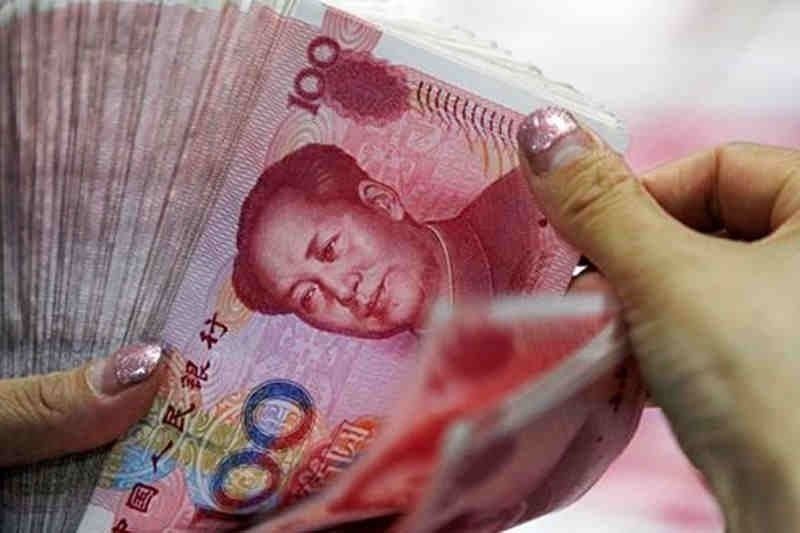Philippines, China currency swap talks put on hold

MANILA, Philippines — The Philippines is eyeing more agreements for a two-way facility allowing the swap of local currencies in exchange for much needed dollars as talks with China has been put on hold, according to the Bangko Sentral ng Pilipinas.
BSP Governor Benjamin Diokno said the country recently signed an agreement with Japan to extend the validity of a bilateral swap arrangement (BSA) until the end of 2024.
The size of the BSA remains unchanged at up to $12 billion or its equivalent in Japanese yen for the Philippines and $500 million for Japan.
“We believe that the renewal of the bilateral swap arrangement for 2022-2024 is valuable for the Philippines as it serves as an additional safety buffer against liquidity and balance of payment difficulties,” Diokno said.
The facility allows both the BSP and the Bank of Japan acting as agent for the Minister of Finance of Japan to swap their local currencies in exchange for the greenback.
The BSA provides a positive signal to the market that the country has alternative financing resources should the need arises.
However, Diokno said the central bank has never drawn from the BSA since 2001 as the country has more than sufficient gross international reserves that stood at $108.9 billion in end 2021 to weather potential risks and vulnerabilities.
According to the BSP, the agreement complements the Chiang Mai Initiative Multilateralization (CMIM), the regional financial arrangement of the finance ministries and central banks of ASEAN member states and China, Japan and Korea.
Diokno said the Philippines has yet to renew similar agreement with China and South Korea.
The BSP chief pointed out the $1.5 billion bilateral swap agreement with the Bank of Korea initiated in 2005 and lapsed in 2010 was not renewed due to lack of mutual interest, while negotiations with the People’s Bank of China was put on hold in 2020.
He said talks for the renewal of the $2 billion bilateral currency swap arrangement with China that expired in 2010 started in 2018 but was put on hold in 2020.
“This arrangement aims to facilitate bilateral trade and investment, as well as provide liquidity should the need arise. However, negotiations were put on hold in 2020,” Diokno said during his weekly online press conference.
Beyond bilateral swap arrangements, the BSP also signed cooperation agreements on information exchange and capacity building with the Bank of Mauritius and the Monetary Authority of Singapore in 2021.
The central bank also joined other Philippine agencies in signing a memorandum of understanding (MOU) )with the British Embassy Manila to deepen collaboration in the areas of fintech development, capital market development, and sustainable finance.
Maria Teresa Dueñas, senior director of the BSP’s International Relations and Surveillance Department, said the Philippines is in talks with other parties for cooperation agreements in the areas of internal audits, digital payment initiatives, and cross-border establishments.
- Latest
- Trending
































